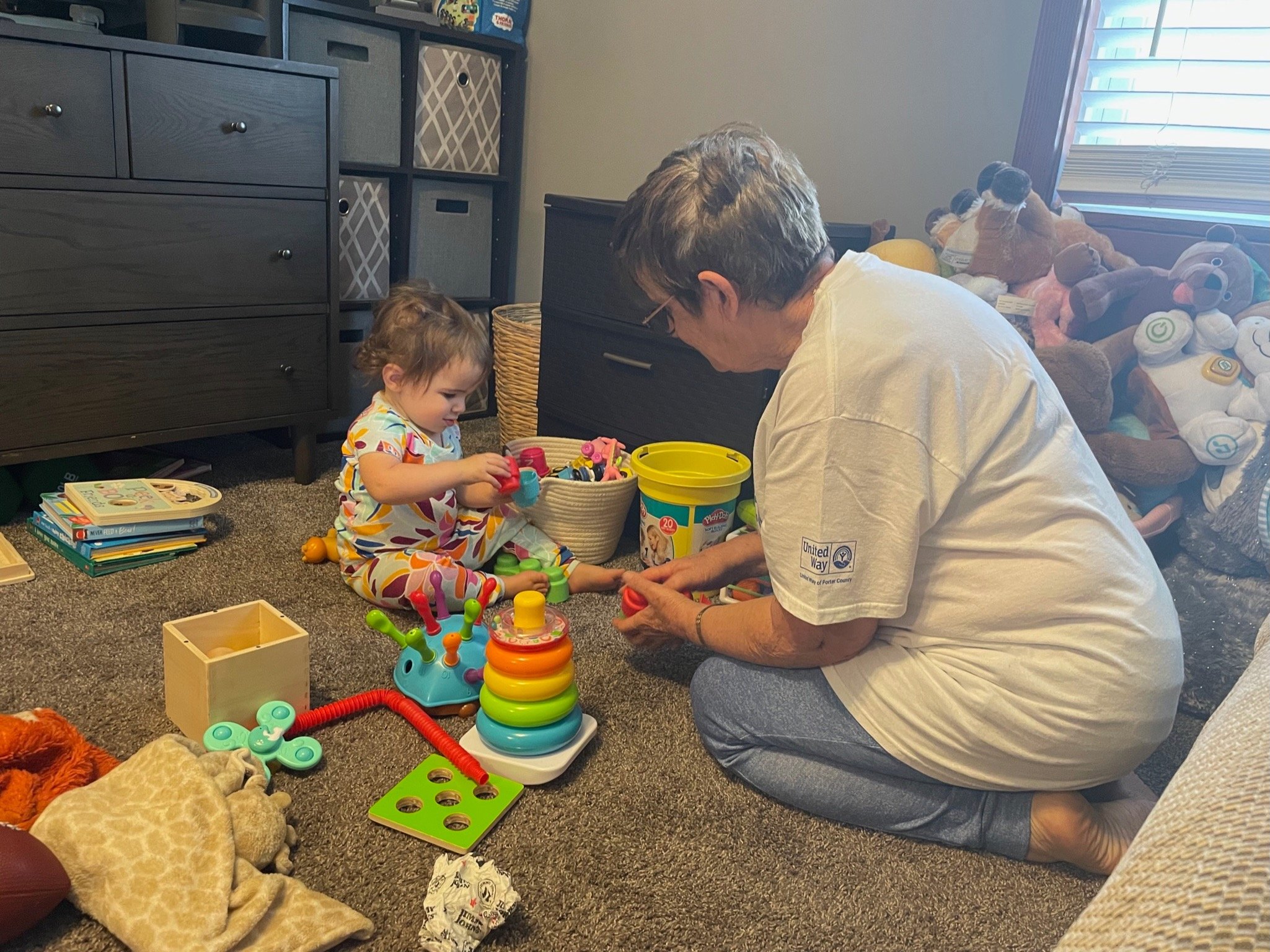What We Do
Using the DIR model, POP provides comprehensive and respectful pediatric therapy, creating a solid foundation for growth across multiple domains of a child's life.
Through play-based interactions, the DIR model promotes functional communication, problem-solving skills, abstract thinking, and logical reasoning. Its long-term developmental focus aims for sustainable improvements rather than just teaching specific skills. This approach aligns well with neurodiversity-affirming practices, respecting each child's unique way of interacting with the world.
By celebrating the child's interests and ways of engaging, therapy can boost self-esteem and confidence. Furthermore, because therapy occurs in natural, meaningful contexts, children are more likely to generalize learned skills to other situations.
Early Intervention
Within the Illinois Early Intervention System, POP therapists provide services to children age birth through three in the home and community settings.
Feeding Services
Affirming individual and group services that emphasize positive mealtime interactions. POP also offers lactation counseling and TOTS (Tethered Oral Tissues) certified therapists.
Home and Daycare visits
POP is dedicated to making our therapy services as accessible as possible for all families by providing the opportunity to see children in the home or at daycare when they are not able to come to our clinic location.
Tween and Teen Programming
POP provides a variety of unique programming for tweens and teens, including peer-led social groups, community-based groups, and executive functioning support to promote life skills and independence.
Therapeutic Groups
Pop offers a variety of groups focusing on sensory integration, attention and regulation, and developing friendships. Other groups focus on skills around self advocacy, peer education and collaboration around meaningful themes, celebrating neurodivergent communication and interaction skills, and providing a safe space for kids to explore social relationships with peers.





